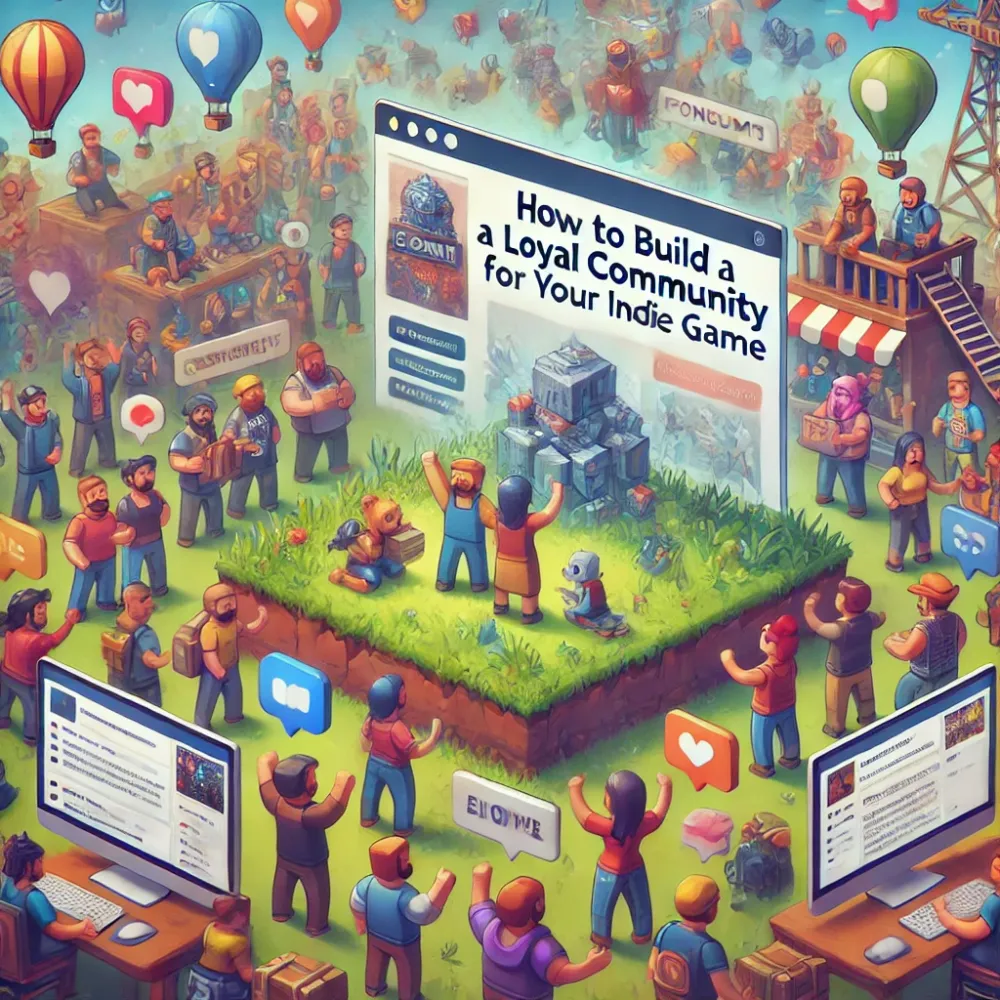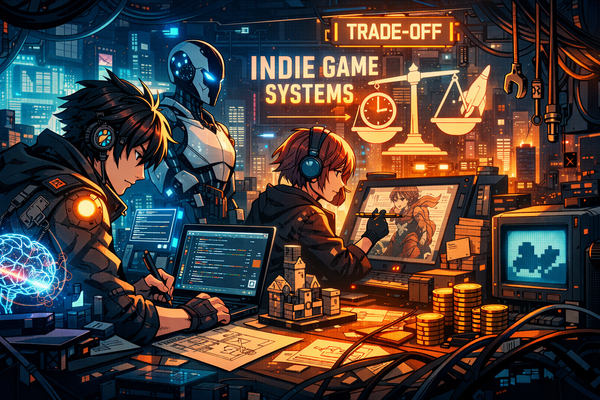How to build a loyal community for your indie game
Building a loyal community around your indie game is essential to its long-term success. A thriving community not only supports your game but also helps spread the word, provides valuable feedback, and enhances player engagement. Here’s how you can create and grow a passionate fanbase that will stick with your game from development through launch and beyond.
1. Identify your target audience
The foundation of any successful community is understanding who your players are. Knowing your target audience's demographics, interests, and gaming habits will help you tailor your messaging and community activities to resonate with them. This creates a sense of belonging, which is critical for engagement and retention(Yellowbrick)(Gamespublisher.com).
2. Create opportunities for interaction
To foster a loyal community, you need to provide spaces where players can interact with both the game and each other. Platforms like Discord are particularly effective for this, as they offer various channels for conversation, feedback, and updates(Fungies). Hosting events like in-game tournaments, contests, or live streams will keep your community active and engaged. Additionally, providing tools for user-generated content, like mods or fan art, allows players to contribute to the game’s growth, creating a stronger bond(HogoNext).
3. Leverage social media and content platforms
A strong presence on platforms like YouTube, Twitch, and TikTok is crucial for visibility. These platforms allow you to showcase your game’s progress, post behind-the-scenes content, and interact with fans in real time. Regular updates, sneak peeks, and polls on social platforms create excitement around your game, drawing in new players while keeping your current community engaged.
4. Involve influencers and content creators
Collaborating with influencers can amplify your game’s visibility. For indie games, getting a feature on popular indie game channels like Splattercat or being streamed on Twitch can generate significant interest. Offering free game demos to influencers and content creators is a cost-effective way to get your game in front of their audiences. This can significantly boost your community size and create organic growth as players from those channels start to engage with your game.
5. Encourage feedback and be transparent
Listening to your community is one of the most effective ways to build loyalty. Create channels for players to provide feedback, report bugs, and suggest improvements. Showing that you’re actively considering and incorporating their input into development builds trust. Platforms like Steam Early Access or public test servers can also provide early versions of your game, allowing players to feel involved in the creation process(Enjin Hub).
6. Personalize player experience
Making your community members feel valued can significantly boost loyalty. Simple gestures like sending personalized thank-you notes, recognizing top contributors, or hosting special events for dedicated players foster a sense of belonging and appreciation. Rewarding players with in-game items, badges, or exclusive access to features will motivate them to stay engaged.
7. Provide incentives and rewards
Incentivizing participation is a great way to keep your community active. Running contests, offering exclusive in-game rewards, or recognizing community milestones helps foster competition and camaraderie. Games like Fortnite regularly offer unique skins and items for community participation, which keeps players engaged and loyal.
8. Moderate and manage your community
Managing a large online community can be challenging, but it’s essential for maintaining a positive environment. Appointing moderators and setting clear community guidelines can help prevent negative behavior and ensure that your community remains supportive and constructive. Regular moderation ensures that trolls and harmful behavior are dealt with swiftly.
Building a loyal community around your indie game requires ongoing effort, creativity, and authenticity. By engaging with your players, providing regular updates, and fostering an inclusive and interactive environment, you can cultivate a community that will not only support your game but also contribute to its long-term success.




